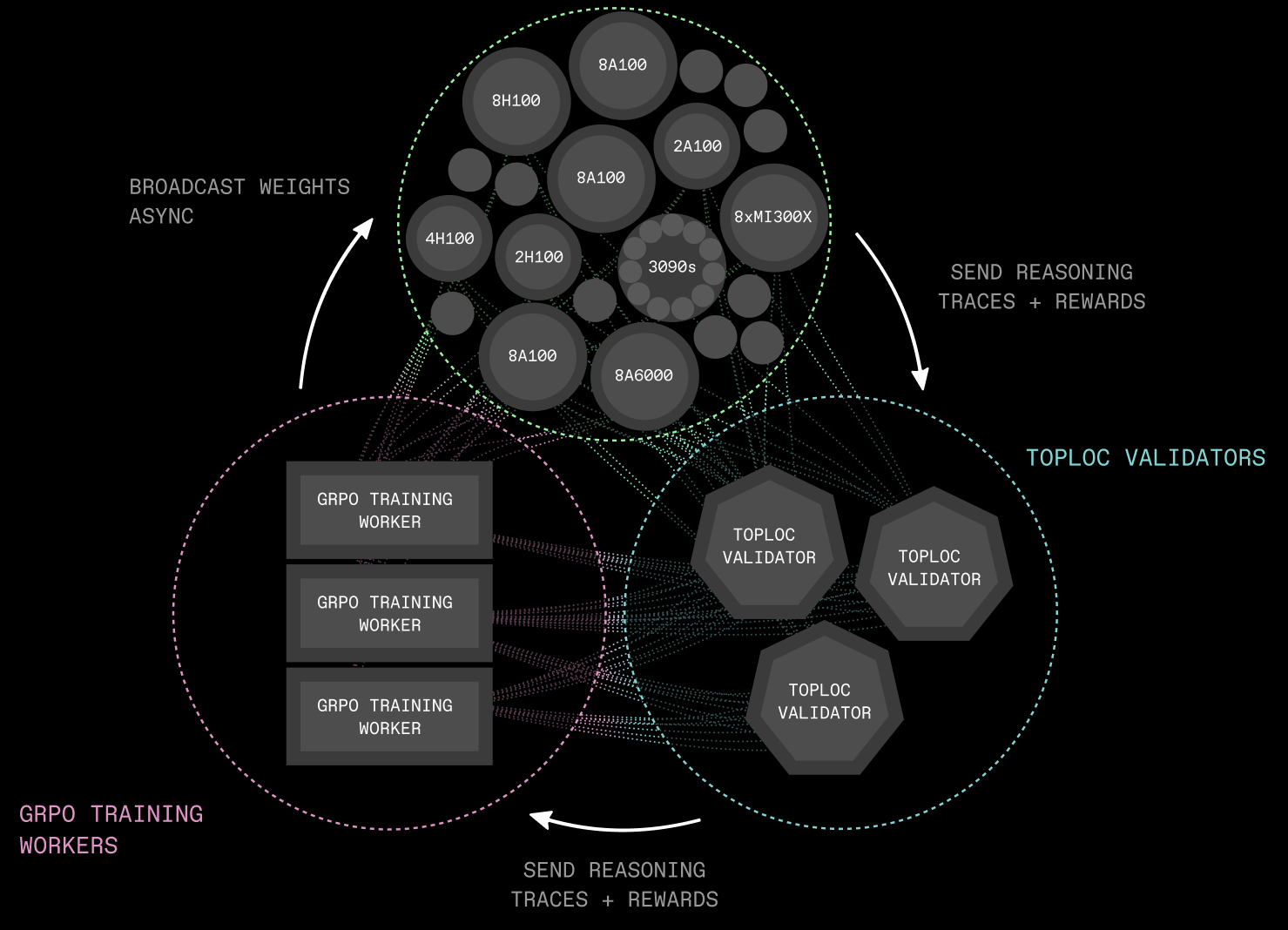The world’s first AI-generated paper through the entire process has passed the review of a top conference, scoring higher than the human average.
Developed by Sakana AI, the AI Scientist 2.0 has achieved a groundbreaking milestone in autonomous scientific research—its fully AI-generated paper, “Compositional Regularization: An Unexpected Obstacle to Improving Neural Network Generalization,” passed peer review at the ICLR workshop with scores of 6/7/6, exceeding the average human acceptance threshold. From hypothesis formulation, experimental design, and code generation to manuscript writing, the AI completed the entire process without human intervention, even producing the GitHub code repository via large language models.
As a startup founded by Llion Jones, co-author of the Transformer architecture, Sakana AI’s second-generation AI scientist employs agentic tree search technology to enable open-ended exploration, breaking free from template dependency. The paper was anonymously evaluated alongside 43 submissions, with reviewers unaware of its AI authorship, ultimately ranking in the top 45%. Though withdrawn from publication for transparency, this breakthrough marks the dawn of a new era in AI-driven scientific research. The team aims to target Nature and Science-level journals next, advancing AI’s role in pushing the boundaries of human scientific discovery.
Related Posts




